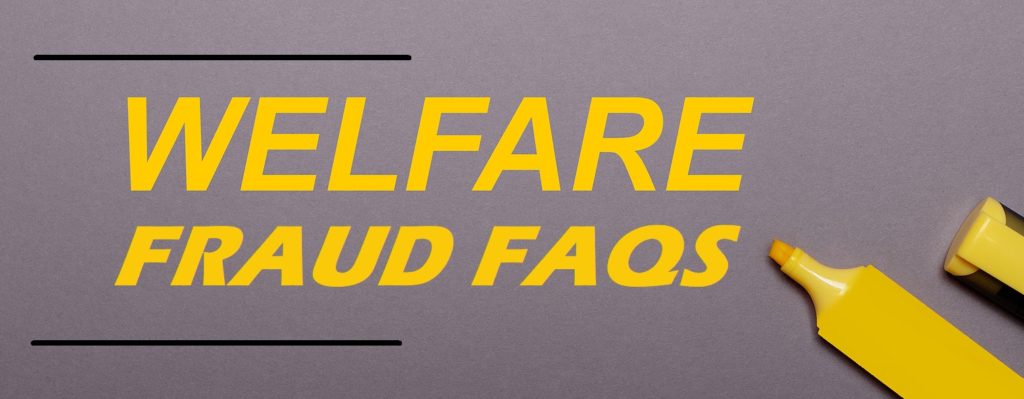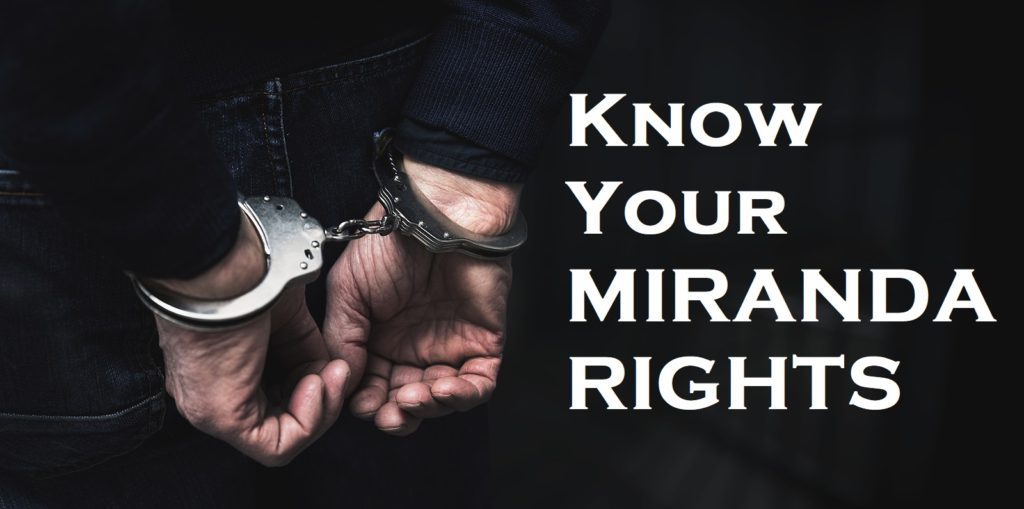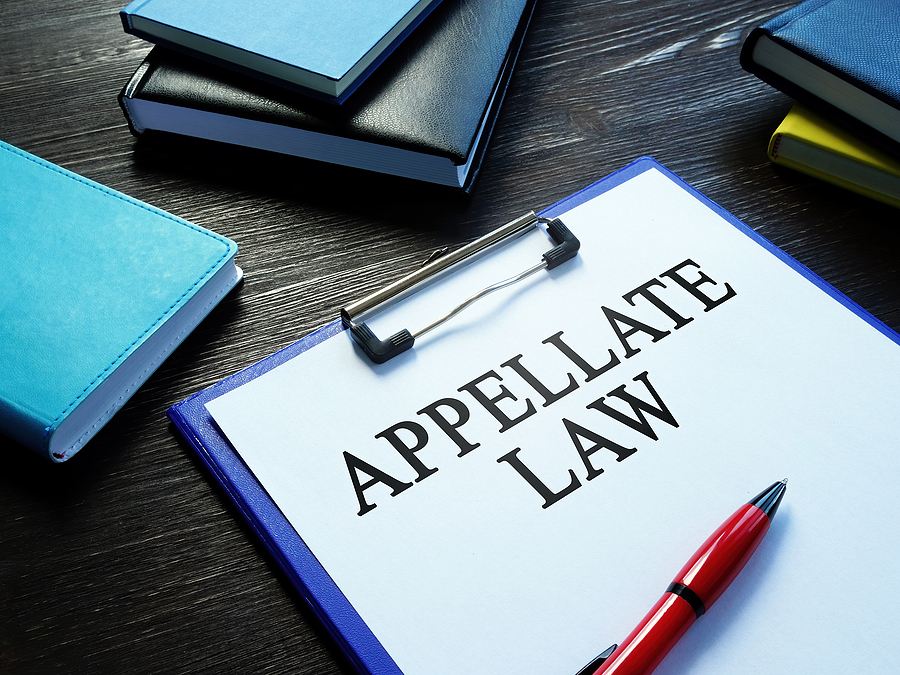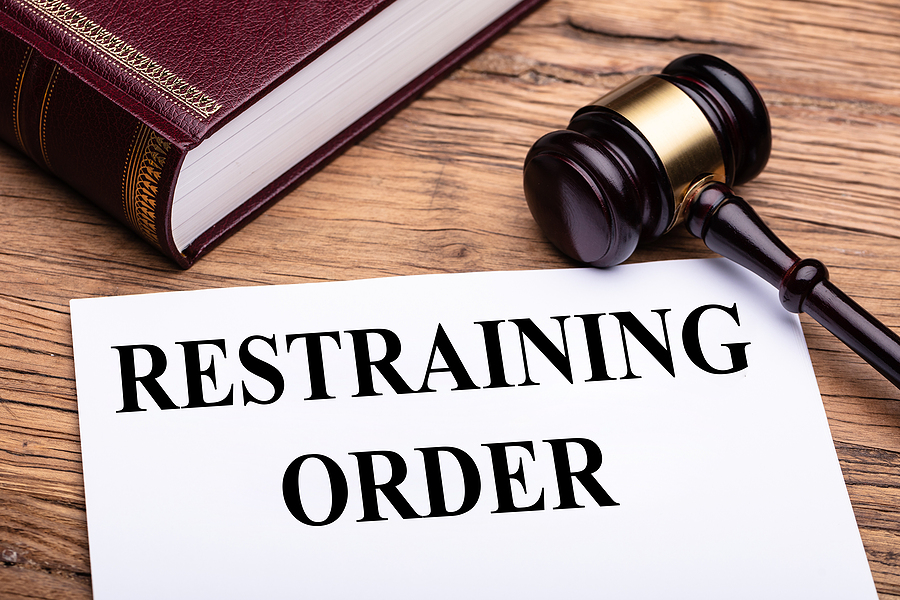What is welfare? Welfare is a form of government assistance, and provides public relief and benefits to those in need. The government looks at age, income, financial status, disabilities, and other infirmities to verify if a person qualifies for welfare programs. Federal welfare programs are administered by the state, and paid for out of public reserves funded by tax revenues.
If you or someone you love was recently arrested or indicted on welfare fraud charges or disability fraud charges here in Indiana, you need to educate yourself on the facts and obtain legal assistance right away. Continue reading to review some of the most frequently asked questions about welfare fraud, including how to get started on protecting your rights and preserving your freedoms.

Welfare Fraud FAQS You Need to Know
Which Welfare Programs are Available?
Examples of welfare-related programs include Supplement Nutrition Assistance Program (SNAP), Aid to Families with Dependent Children (AFDC), Temporary Assistance for Needy Families (TANF), Supplemental Security Income (social security), Medicaid, and more. These programs offer relief and benefits in the form of food stamps, cash, utility assistance, childcare, medical care, and more.
What is Welfare Fraud?
When a person takes advantage of these programs by filing false information in order to qualify for governmental assistance, it is called welfare fraud. And it is a serious theft crime. For example, a woman was sentenced to 8 years in a federal prison after being found guilty of welfare fraud. She used at least 7 different identities and claimed over 30 children, ultimately collecting over $200,000 in welfare checks and over $50,000 in food stamps!
What are Welfare Crimes?
Welfare fraud is a broad crime category containing many forms of welfare crimes. Disability fraud, social security fraud, and unemployment fraud all fall under welfare fraud. Criminals use false identities, claim non-existent dependents, and file documents with falsified information to qualify for government assistance programs.
What are Some Examples of Committing a Welfare Crime?
▷ False reporting of income or employment.
▷ Claiming fake dependents.
▷ Lying about number of occupants in home.
▷ Reporting that a parent does not live at the house when they do.
▷ Neglecting to obey terms of probation while on welfare assistance.
▷ Lying or hiding drug-related convictions or felony arrests on applications.
▷ Hiding or lying about personal assets.
▷ Using false identities to receive multiple benefits.
▷ Failing to disclose additional assistance programs being used.
What is Welfare Disability Fraud?
If you knowingly lie about your need for or entitlement to governmental assistance, or use your loved one’s government assistance knowing they lied to qualify, you are engaging in welfare/disability fraud. It is important to hire a seasoned criminal defense attorney to protect your rights and preserve your freedoms if you believe you may have committed welfare fraud. Making mistakes is part of being human; it is how you manage them that matters.
What Should I Do if I Was Just Arrested for Welfare Fraud in Indiana?
If you are under investigation for public assistance fraud, or have already been charged, it is vital to your future to call criminal defense attorney, David E. Lewis, for tough and aggressive representation. He will develop a strong and impactful defense based on your specific circumstance, challenge all the evidence brought against you, and resolve your case in a way that is the most favorable for you.
Ready to get started? Contact us directly at 317-636-7514 to schedule a free consultation with a seasoned Indianapolis Indiana criminal lawyer who will build you a strong and impactful defense against your state or federal welfare fraud charges.
You Should Also Read:
What Constitutes Credit Card Fraud?
What is Bankruptcy Fraud?
Choose David E. Lewis, Attorney at Law, to Fight Fraud Charges in Indiana









